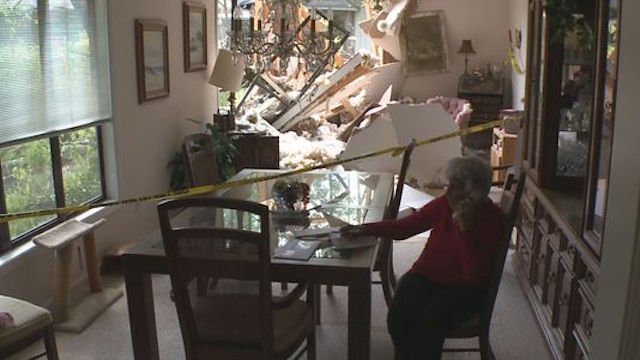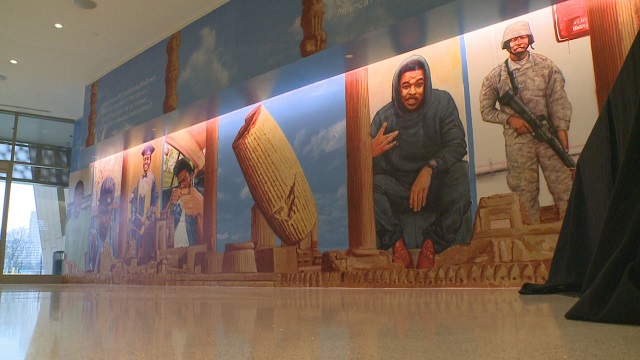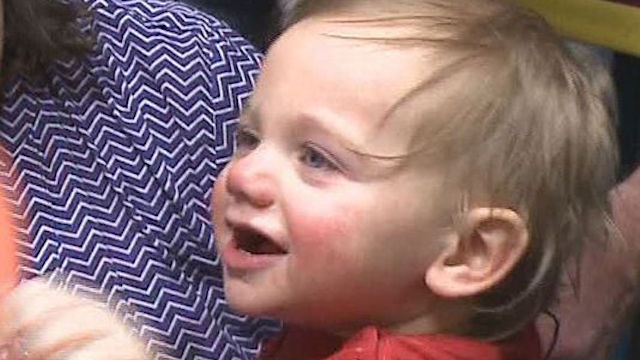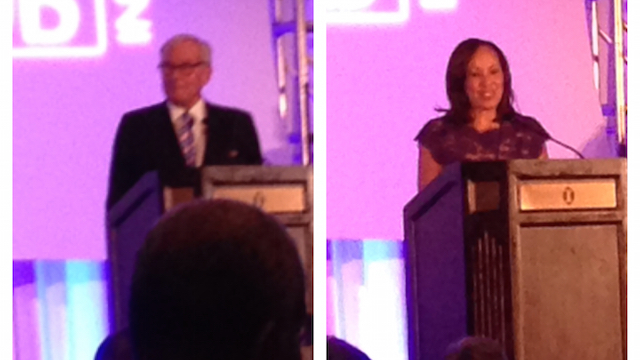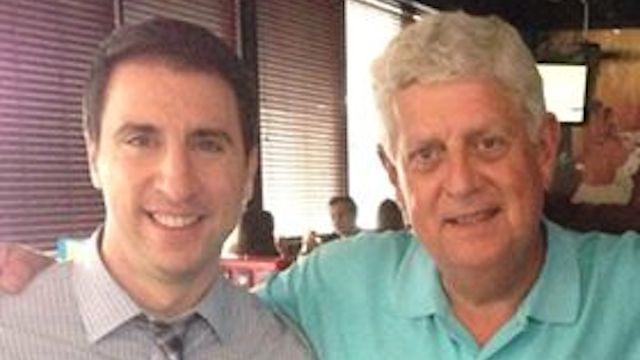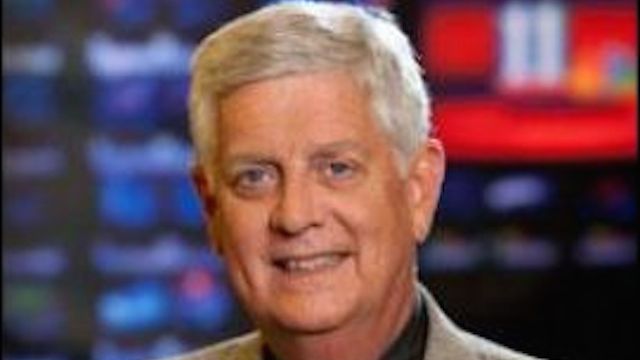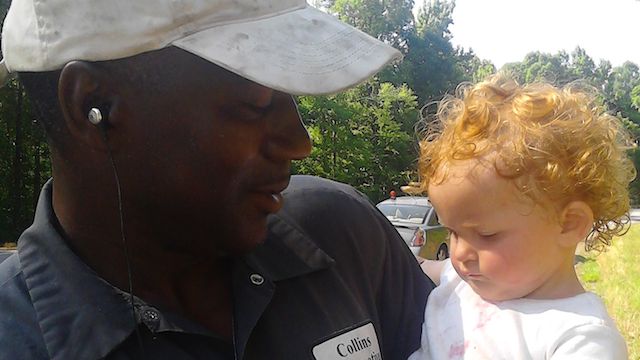“You know this is making me very uncomfortable, right?”
I said this in the car recently on the way to a shoot. My drive time at work usually consists of reflection. As a multimedia journalist, I produce stories by myself, which means I rarely ride with someone in the passenger seat. I spend most of my time thinking about either that day’s story or my overall outlook.
But this time was different.
This time, I was accompanied by an intern.
And that intern had questions.
And those questions forced me to speak aloud about my career, my journey, and my job in a way I seldom do.
***
Summer brings into the newsroom a unique atmosphere. Colleagues take vacations, which leads to smaller staffing. Our viewers take vacations too, which usually means fewer story ideas and a reduced audience. The enormous May ratings period gives way to a less pressurized environment, and the June and July heat brings its own challenges in the field.
The season also brings interns — usually a handful on summer break from college. (more…)

